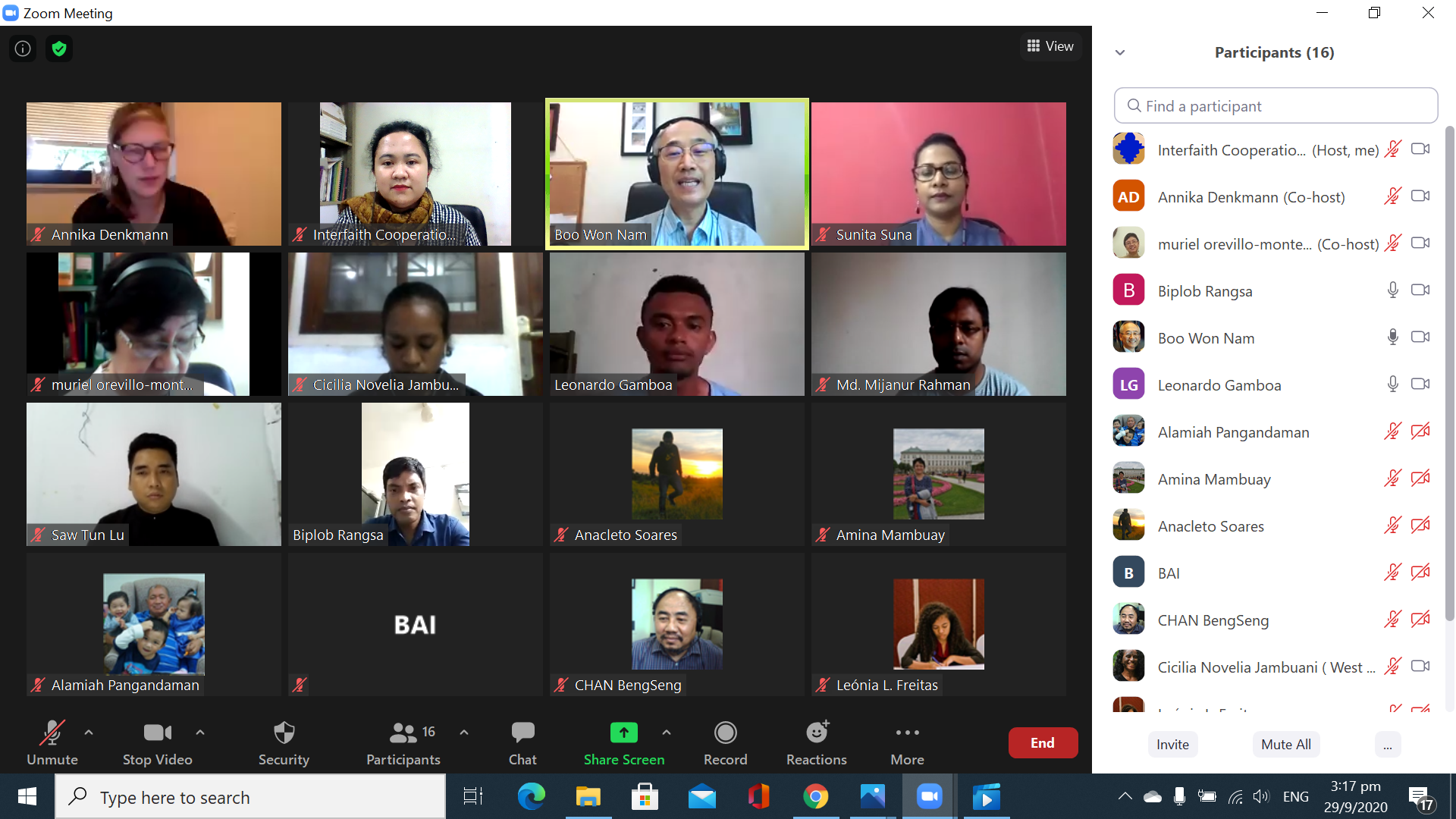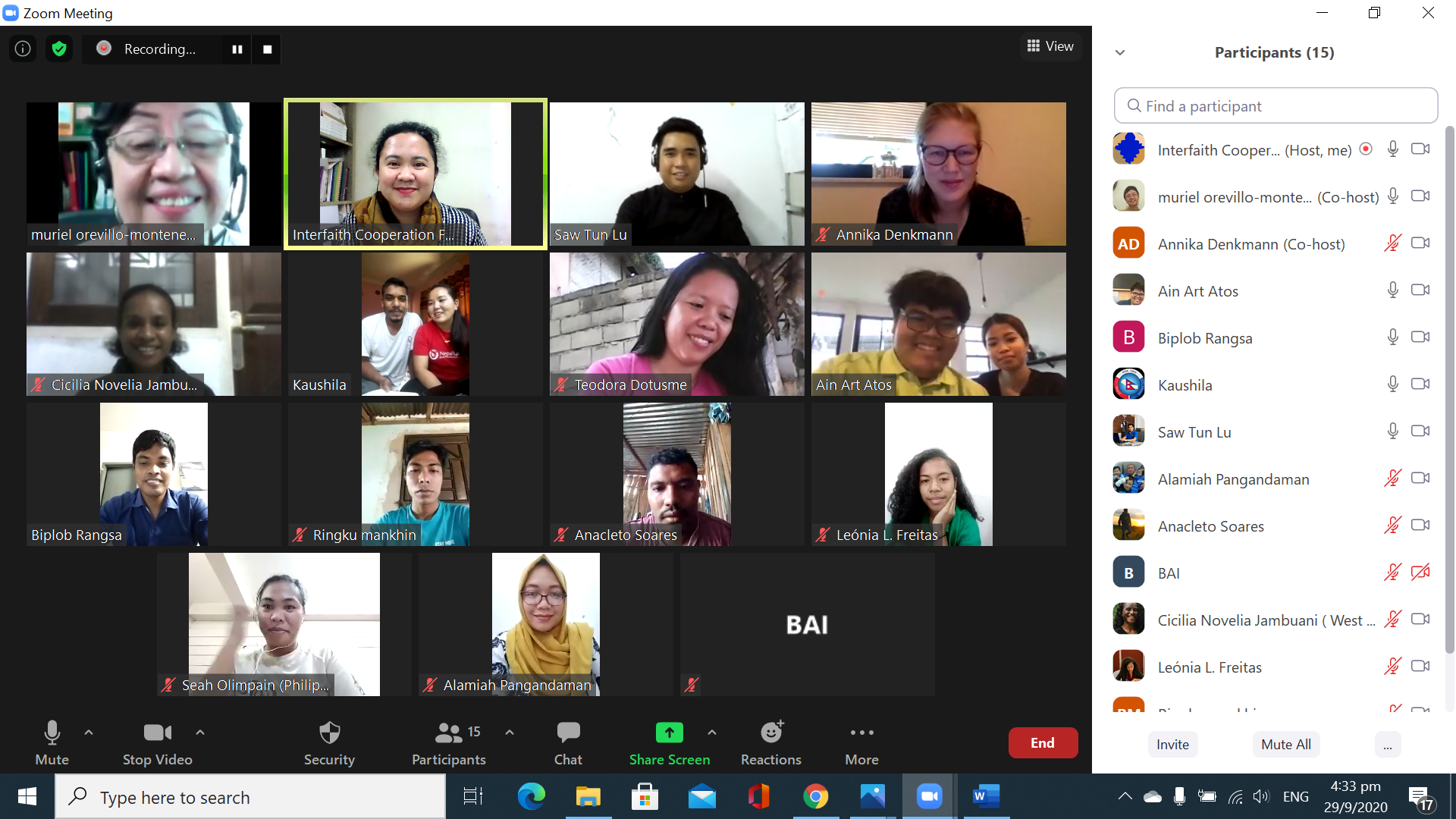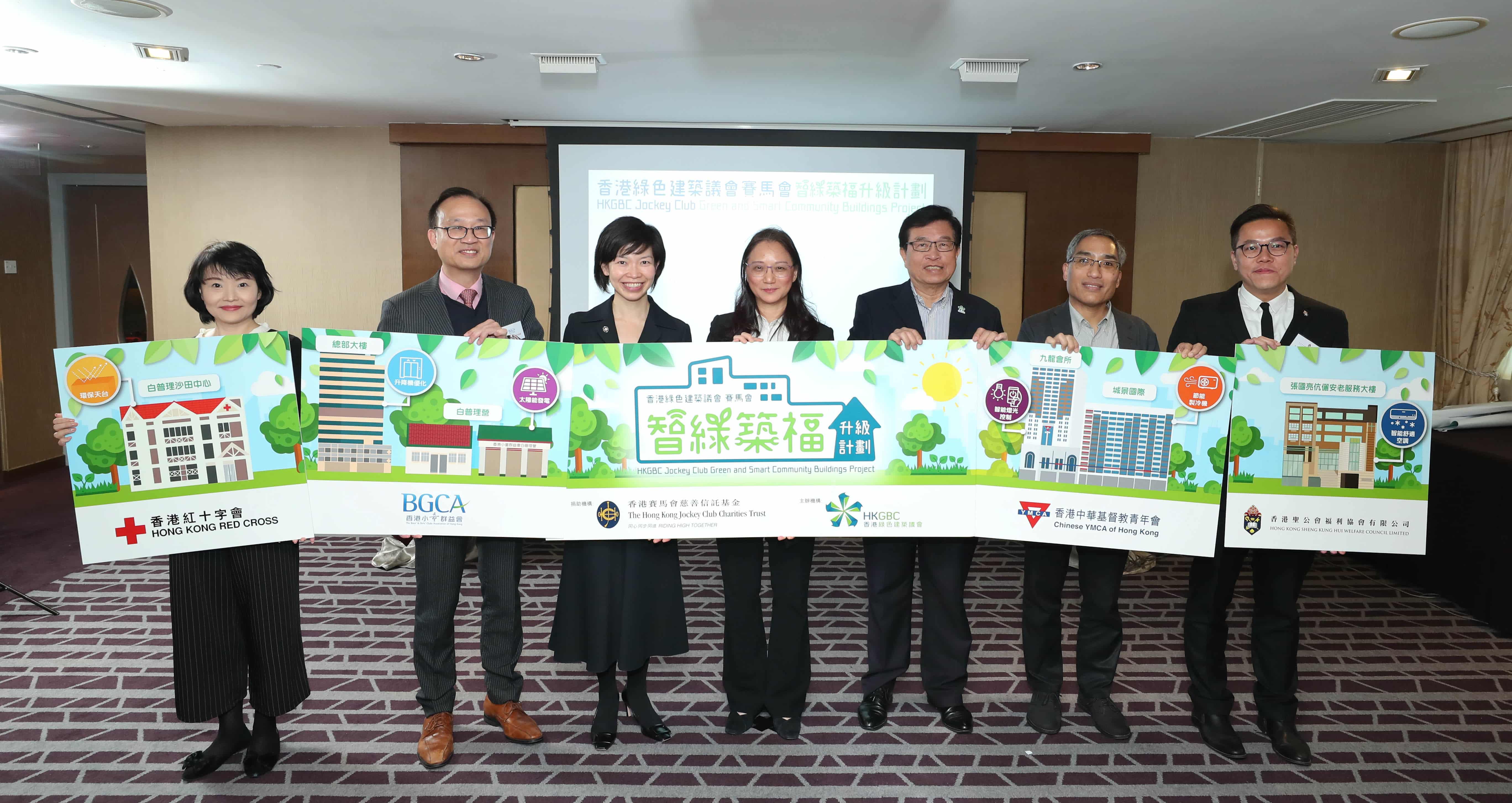↑Monthly eNewsletter of the Asia and Pacific Alliance of YMCAs
| This email contains graphics, so if you don't see them, view it in your browser. | ||||||||||||||||||||||||||||||||||||||||||||||
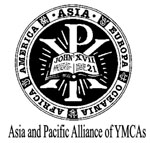  |
||||||||||||||||||||||||||||||||||||||||||||||
The NGSs meeting was also an opportunity to meet online to hear from each other since face to face meeting is not possible and seek God's comfort and guidance as different people are experiencing the Pandemic differently. ~Sunita Suna, Executive Secretary for Programs
ICF Project Phase 2018-2020 Ends and a New Phase BeginsThe Interfaith Cooperation Forum is a project of the Asia and Pacific Alliance of YMCAs (APAY). As the project holder, APAY raises funds from its coffers to support ICF but also finds support from a partner-donor, the Bread for the World. The two-year-and-a-half project phase from 2018-2020 was ending on June 30, 2020. However, due to the COVID-19 pandemic, Bread for the World graciously allowed the extension at no cost of the project up to September 30, 2020. This “extension at no cost” meant that the partner-donor does not give any extra funds for the three-month extension period, but allowed the project to implement the remaining programs according to the approved budget. Under the rubric of Movement Building, the project phase 2018-2020 included two sets of two-month-long School of Peace, two sets of two-week-long Peace Institutes, ten five-days thematic workshops, ten ICF alumni-initiated follow up programs on peacebuilding, and at least eight local peacebuilding and advocacy that the ICF alumni or youth peace activists initiate in various countries. A Program Committee composed of ICF alumni, ICF staff, and APAY personnel were to meet once a year. Under Advocacy, ICF programs include one Asian Peacebuilding Summit, maintain a website, publish six e-newsletters annually, and publish “at least three paper books.” Project Phase 2018-2020 Ends The implementation of the programs went well as planned, except for the cancellation of the Asian Peacebuilding Summit due to the pandemic. Set finally in September, the preparations for the Summit had already been in place. However, before ICF could send the initial information and invitations to the participants and resource persons in March 2020, the Asian countries implemented lockdowns due to the pandemic. ICF organized the School of Peace 2018 at Duta Wacana Faculty of Theology in Yogyakarta, Indonesia, and the School of Peace 2019 at YMCA, Chiang Mai, Thailand. The Philippines and Thailand hosted the two Peace Institutes, respectively. The countries that hosted the thematic workshops were the following: Cambodia, Timor Leste, and Nepal in 2018; the Philippines, Jayapura in Indonesia, and Tozanzo, Japan in 2019; Kuala Lumpur, Malaysia, and Jorhat in Assam, India in 2020. ICF held the other two thematic workshops in 2020 online due to the pandemic, and ICF opened these workshops to participants from different Asian countries. The ICF Screening Committee approved in January the applications to avail of the Small Grants program in 2020, but the applicants had difficulty in their implementation, again, due to the pandemic. Instead of eight, there were thirteen (13) programs implemented for local peace education and advocacy. Instead of ten, there were only four (4) alumni follow-up program applications. The projected publication of three (3) books within the two-year and a half project phase was rather ambitious. Bread for the World’s Christian Fischer agreed that ICF could publish just one e-book. However, ICF has published an e-book entitled Seek Peace and Pursue It: Daring to Take Small Steps. A hard-copy version of it is underway. This is a collection of articles from APAY and ICF staff, but the bigger bulk of essays and poetry come from the ICF alumni. A forthcoming book jointly published by ICF and The Tribal Study Centre of Eastern Theological College is entitled Just-Peace in Globalized Context: North East India Focus. This is a collection of the inputs of the resource persons during the thematic workshop in Jorhat in February 2020. ICF has also published fourteen (14) issues of the e-newsletter, The Peacebuilders, short of one issue since the Coordinator joined ICF only in mid-2018. The New Phase Begins On October 1, 2020, the new phase begins. This three-year phase covers the period from October 2020 to September 2023. While the ICF Program Committee has set the plans during its January meeting in Kuala Lumpur, ICF obviously needs to adjust the program schedules, as the COVID-19 pandemic seems unabated yet in most Asian countries. The month of October will see the ICF staff conducting internal evaluation and writing the final report for the partner-donor. The staff also will prepare for the series of zoom conferences in November and December 2020 in place of a thematic workshop. E-newsletter, The Peacebuilders September-October issue will come out by the end of October. There are plans for thematic workshops and Peace Institute as a training of trainers. However, ICF will finalize the schedules and send out the announcements as soon as the situation of the pandemic eases in most Asian countries. With a sense of hope, we at ICF will borrow from former UN General Secretary Dag Hammarskjold’s words: For all that has been, ~ Muriel Orevillo-Montenegro, ICF Coordinator
ICF conducted Online Thematic WorkshopsAdapting to the new normal, ICF conducted its Thematic Workshops thru zoom on Nonviolent Communication (NVC) and The Effects of the Pandemic on Women. ICF held the first online thematic workshop on Nonviolent Communication (NVC) on September 7, 9, and 11, 2020. 15 youth participants completed the three days online workshop; eight males and seven females. Among them, seven are Christians, one Hindu, four Buddhists, and three Muslims. The participants were from Bangladesh, Cambodia, Nepal, Myanmar, Philippines, and Timor Leste. The online activity started with an opening prayed led by Denver Talha, one of the participants from the Philippines. It was followed by the sharing of the workshop’s guidelines and program orientation. ICF Coordinator, Dr. Muriel Orevillo-Montenegro presented APAY-ICF programs and works. Ms. Amina Mambuay, a certified trainer of Nonviolent Communication (NVC) from the Philippines, facilitated the workshop. She explained to the participants the background and concept of Nonviolent Communication. Her presentation includes the NVC Model, four steps to NVC, 2 steps of NVC, symbols of NVC, and four options for receiving negative messages. The participants were interactive though faced with a weak internet signal. They wished that the workshop conducted face-to-face for them to learn and engage more with the resource person and the participants. But they also understand that due to the COVID-19 pandemic, conducting it online was the only option for now. The workshop ended successfully with an announcement from ICF on the processing of the internet subsidy refund and their small doable activity proposal. After the workshop, the participants received the amount of USD100.00 for their internet connection expenses subsidy. Those who also submitted proposals for small doable activity for their community received USD200.00, with the condition that they will submit a brief narrative and a financial report. Six participants submitted their proposed activity: four from the Philippines, one from Nepal, and one from Timor Leste. Their activities were on the following: development of Information Education and Communication (IEC) materials on NVC, promoting positive messaging thru digital thumbprint program, providing assistance to public school teachers, distribution of school supplies to children, and distribution of food items to women and seminar on conflict resolution and awareness-raising on sexual harassment.
The second workshop on The Effects of the Pandemic on Women was held on September 14, 16, and 18, 2020. Eleven participants joined in the said activity. All of them were females from different religious traditions: two Hindus, one Buddhist, six Christians, and two Muslims. Annika Denkmann, a BftW seconded personnel from Germany served as a lead facilitator during the workshop. The workshop dealt with topics on the challenges faces by women during the pandemic, existing inequalities pose specific challenges on women, and identifying the spaces in their communities where they can assist the women. As in the first workshop, participants who completed the workshop receive the amount of USD100.00 as a subsidy for their internet connection expenses. . The participants also submitted small proposals for doable activities for their community. Three participants submitted their proposals: two from Nepal and one from Bangladesh. Their activities focused on responding to women that the COVID-19 pandemic has greatly affected. In conclusion, ICF was able to conduct successfully the two online thematic workshops. ~ Baidido Saganding, ICF Program Officer
ICF Alumni Conducted activities supported by ICF’s Small Grants program
The ICF alumni conducted activities supported by ICF’s small grants program in September. They are from the Philippines, Nepal, Myanmar, Bangladesh, and Sri Lanka. On September 16-17, 2020, Tirmizy Abdullah, SoP 2010, conducted a two-day activity called Mindanao Peace Youth Formation: Empowering Youth as Catalyst of Building Peace in the main campus of Mindanao State University in Marawi City, Philippines. Twenty-seven young people participated in the said activity. The Marawi City siege has affected these young people. The activity provided a safe space and venue to the young people where they could freely express their fears, hopes, aspirations, and experiences, especially during the Marawi siege.
On September 22-24, 2020, Nepal Unites led by an ICF alumnus Mohammad Ayatullah Rahaman, SoP 2017, conducted a workshop on Gender and Nonviolent Communication (NVC) in Old-Baneshwor, Kathmandu, Nepal. Twenty participants joined the activity: nine females and eleven males. Among them, two are Christians; one is a Muslim, fifteen are Hindus and two free thinkers. Kaushila Sunuwar, SoP 2019 alumna, Sumitra Sunuwar, and Rajan Bhandari both participants of the online thematic workshops conducted on September 7-18 helped Mohammad in organizing the activity. The three had the opportunity to share with the workshop participants their learnings and experience during the online workshop. Nepal Unites invited Mr. Mani Ram Kandel, a certified International Trainer of Center for Nonviolent Communication (CNVC) to facilitate the workshop on Nonviolent Communication. They also invited Mr. Yadav Kumar Bhattarai, a film director in Nepal to share his works and experiences working on his advocacy on gender thru films. The workshop ended successfully and participants shared that they want more days so that they can learn more on the topics given.
The third activity that received ICF’s small grant support was on Religious, Cultural Understanding, and Peacebuilding for Youth. Saw Tun Lu, SoP 2019 alumni, organized this activity online in Myanmar on September 24, 25, 28, 29, and 30, 2020. Sixty-eight young people participated in the online activity. Thirty-one of them are males and thirty-seven are females. Among the participants, twenty-three are Buddhists, thirty-three are Christians, eleven are Muslims, and one is Hindu. The participants were from Yangon, Region, Bago Region, Ayeyarwaddy Region, Kachin State, Mon State, and Kayah State. The original plan was to conduct a face-to-face activity on t September 14-18, 2020. However, due to the second wave of the COVID-19 pandemic in Myanmar, the organizer switched to online activity. The topics included were understanding the religions of Buddhism, Christianity, Islam, Hindu, and Baha’i. Saw Tun Lu also included among the topics Nonviolent Communication. On September 25-27, 2020, Rinku Mankhin, SoP 2019 alumni, organized the fourth activity on Interfaith Dialogue with the young people of Birisiri and Durgapur in Bangladesh. . Thirty young people participants joined the activity; fourteen of who are males, 16 females. Among the participants, nineteen are Christians, seven are Muslims, and four are Hindus. Rinku Mankhin worked with his team called “Challenge COVID19 group.” On the first day of the activity, there was a dialogue between the three different religions, namely: Christian, Hindu, and Muslim. They invited resource persons for this activity. Ms. Luida Ruma Sangma, General Secretary of Young Women’s Christian Association (YWCA) spoke on the Christian tradition, Emran Hassan Shimul, an artist and researcher spoke on the Islam religious tradition, and Asananda Shil, a teacher, spoke about Hinduism. The second day, the participants went for an exposure visit to different villages of Durgapur District where they also distributed food items to 150 needy families affected by the COVID-19 pandemic and the recent flood in Bangladesh. The fifth activity was on The Usage of Social Media to Promote Peace held on September 26-27, 2020 in Legazpi, Albay. Ain Art Atos, an ICF alumnus and active youth member of YMCA Albay organized the activity. Nineteen participants joined the activity. Six of them are males, and thirteen are females. The participants are all Christians.
Meantime, Stella Shapnika Jayakaran, SoP 2019 alumna, conducted two activities within September 19, 26, and 27, 2020 in Batticaloa, Sri Lanka. The first activity focused on Peacebuilding and Nonviolent Communication. The YMCA Batticaloa assisted her in organizing the activity. Nine participants joined the NVC workshop: five are females and four are males, and among them, seven are Hindus, one is a Muslim and one is a Christian. The second activity during the inclusive dates was the Youth Exchange Program as part of the peacebuilding activity of the YMCA. Twelve participants joined this activity, five of them are females, and seven are males. The activities organized by the ICF alumni and supported by ICF’s small grant program went successfully and well despite facing the COVID-19 pandemic and problem of weak internet connection. ~Baidido Saganding, ICF Program Officer
ICF Launched the digital version of Seek Peace and Pursue It: Daring to Take Small Steps
On September 29, 2020, the Interfaith Cooperation Forum held the virtual e-book launching at 3:00 p.m. Fifteen minutes earlier, the participants said their greetings to each other. The program formally started with the playing of the song “Let there be Peace on Earth” composed by Jill Jackson-Miller and Sy Miller in 1955, and performed by the School of Peace 2018 participants. The APAY General Secretary, Nam Boo Won gave his words of welcome, followed by the greetings from the new Executive Secretary for Programs, Sunita Suna. Muriel Orevillo-Montenegro, the ICF Coordinator, gave the background of the birthing of the book project and introduced the writers using PowerPoint slides. Then, Saw Tun Lu, School of Peace 2019 alumnus from Myanmar, shared his experience to respond to the call to write an essay in English. A thematic workshop alumna from the Philippines, and was struggling with her internet connection, Teodora “Dory” N. Dotusme, finally was able to show up and shared the process of mulling over a book cover design that will reflect the title of the book. Annika Denkmann shared that while she did some layout in the past, doing the layout for the book is her first time to do a big project. Thena Posysenthong, School of Peace 2018, gave the first intermission through his recorded performance of the traditional Laotian dance called Lao Ka Sae. After the intermission, the ICF Coordinator presented the e-book, showing several pages of the front matter, especially the Table of Contents. Divillajyn Ursos, thematic workshop alumna from the Philippines provided the second intermission, through her recorded performance of Dorothy Buchanan’s 1972 “Peace Song.” After this intermission, Cicilia Novalia Jambuani, an alumna of Peace Institute 2 from Papua, Indonesia read a portion of her essay as a warrior’s granddaughter. To end the program, GATN Coordinator, Chan Beng Seng, gave his closing remarks. We deemed it appropriate that he give the remarks, as he is one who is most knowledgeable about the very beginning and conception of the Interfaith Cooperation Forum. Kaushila Sunuwar, School of Peace 2019 could not do her part in sharing her struggles in writing her essay because she came late as she could not connect to Zoom. The poetry reading was supposed to follow the e-book presentation. Unfortunately, like Kaushila, the Nepalese poet, Srijana Shahi, and her English translator, Sunita Thapa, both SoP 2008 alumnae, could not connect to Zoom. During that time, many participants and guests could not join because of their poor internet connection. Some sent congratulatory greetings through Messenger, saying that rain was pouring heavily in their areas; they could not connect to the internet.
While the so-called “new normal” that the pandemic brought about, and forced people to hold virtual activities, the people in the Third World areas of Asia struggle with a poor internet connection. The vicissitudes of the Third World have even worsened with the onslaught of the COVID-19 pandemic. Nevertheless, despite this, ICF is thankful to the writers, the proofreaders, the book cover and layout artists, the APAY office staff for their contributions and help they have extended, in one way or another, to make the e-book and hardcopy of the book a reality. ~ Muriel Orevillo-Montenegro, ICF Coordinator
Traveling the YMCA way"Traveling the YMCA Way" is the GATN campaign to promote responsible and sustainable lifestyle among our youth to combat climate change. The COVID-19 pandemic gave us something to ponder upon. Under the Covid pandemic we have begun to embrace many life preserving practices - both to protect ourselves as well as to prevent further spreading of the virus. Most commonly promoted good practices are:
These four ways to protect ourselves and others from COVID-19 have become our new Covid survival lifestyle... a lifestyle that we have willing embraced and will probably become our "New Normal" in the future. In Hong Kong, fashionable face masks are beginning to appear in the market as people begin to embrace the facemask lifestyle. And cleanliness and hygiene is the new priority. Portable bottles of hand sanitising gels and sanitising wipes have become permanent personal accessories. Many people reduce their travel and social contacts. Similarly, what should our new travel lifestyle be in the post-Covid era? What is our "New Normal" for travel? In the Asia Pacific region, a lot of our YMCA youth empowerment programs involve travel. Each year, hundreds of programmes - workshops, youth exchange, conferences, workcamps, etc. are organised nationally and regionally and over 5000 YMCA members (including adults) for these programs. Traveling by air has very high carbon footprint -- contributing to over 70% of the total carbon footprint of each trip. We need to mitigate for our carbon footprint through our behaviour and the activities that we engage in at the destination. The APAY, through GATN tries to impact the lives of our young people and teach them to travel responsibly and sustainably. "Traveling the YMCA way" should be our new travel lifestyle.
"Traveling the YMCA way" is to travel responsibly and sustainably. This lifestyle should not be restricted only to the time when we travel. This lifestyle should be practiced constantly and daily wherever we are, in whatever we do. This should be our new normal lifestyle when we travel. When traveling responsibly and sustainably, we need to minimise the negative environmental and social impacts on our destination. Below are some considerations for our new normal lifestyle: 1. Be aware of our consumption habits
2. Be aware of our impact on the destination
The above are just some suggestions. What does "Traveling the YMCA way" mean to you? Send in your ideas and suggestions to apaycbs@gmail.com. We will compile and publish your ideas in future editions of this newsletter. ~Chan Beng Seng, GATN Coordinator
Chinese YMCA of Hong Kong Go Green!
Hong Kong is one of the world’s most densely populated living places, with the majority of its more than 7.5 million residents living and working in urban skyscrapers. The people living in the so-called, “Concrete Jungle”, really matches the reality. High rise buildings built on the high density urban areas which juxtaposed with the hilly terrain is a unique feature of Hong Kong and a reflection on how she encounters the problem of land shortage. Hong Kong is a city of finance and commerce. The major sources of electricity consumption are buildings like housing estates, offices and shopping malls that account for 90% of Hong Kong’s total electricity consumption. This figure is doubled the global average 40% electricity consumption is related to building activities. As a result, the high level of energy consumption by buildings accounts for more than 60% of the city’s greenhouse gas emissions in Hong Kong. It is obvious that if we want to reduce our energy consumption to reduce our carbon emissions or to achieve the global target set by the Paris Agreement, greening the 42000+ existing buildings in Hong Kong should be an effective way to hit the target. Hong Kong Green Building Council (HKGBC) and the Hong Kong Jockey Club Charity Trust (HKJCCT) led the “Green and Smart Community Buildings Project” (the Project) from 2018 to December 2019 with aims to enhance the knowledge and capacity of Non-Government Organizations (NGOs) in Hong Kong on green building. Chinese YMCA of Hong Kong (YMCA) was invited as one of the four NGOs collaborator to join the Project. The Project began with conducting an in-depth Gap Analysis to facilitate the future transformation through smart and green technologies application. The target is to plan the pathway to achieve the BEAM Plus Existing Building accreditation. BEAM Plus is a comprehensive set of performance criteria for a wide range of sustainability issues relating to the planning, design, construction, commissioning, fitting out, management, operation and maintenance of a building developed in Hong Kong by HKGBC. The Gap Analysis provided a thorough body(building) scanning to YMCA’s headquarter at 23 Waterloo Road, including Kowloon Centre, the Cityview and Administration Building. A detailed report was submitted to YMCA with objective assessment report as well as a list of recommendations attached to facilitate the planning and commitment to our sustainable development in the future and ultimately extending the building’s life cycle. Staff from YMCA also attended a series of seminars with case sharing which was delivered by HKGBC professionals. The seminars began with a general introduction of BEAM Plus followed by topics of interest such as green building management, building retrofit, retro-commissioning/on-going commissioning and application of smart green technologies. It provides a valuable opportunity for us to learn the know-how on implementation and the experience already practiced in the business sector. In addition, various workshops and engagements activities like promotional videos, roving exhibitions and display had been held to influence YMCA staff and members’ lifestyle and attitude through green building exploration and LOHAS (Lifestyles of Health and Sustainability) appreciation in different service units including Kornhill Centre, Lam Tin Centre, New Territories Centre and Kowloon Centre. Not only YMCA staff but the community as a whole can gain deeper understanding of green building elements and their importance. This will eventually enhance people’s knowledge and motivates people to implement green practice in their daily living. YMCA’s case sharing video can be watched at https://youtu.be/Qa1BPWBhgRE. In June 2020, HKJCCT granted HK$69.53 million to Chinese YMCA of Hong Kong’s Project Be W.I.S.E. to launch a two year renovation project with community activities to implement different energy saving measures and energy efficiency innovations to enhance YMCA to become a green building and targeted to achieve the BEAM Plus Existing Building accreditation. It is estimated that the electricity consumption will reduce 2 million kWh per annum. ~ Lee Man Key, APAY Green Team Member from Chinese YMCA of Hong Kong
Not interested any more? |
|
|||||||||||||||||||||||||||||||||||||||||||||




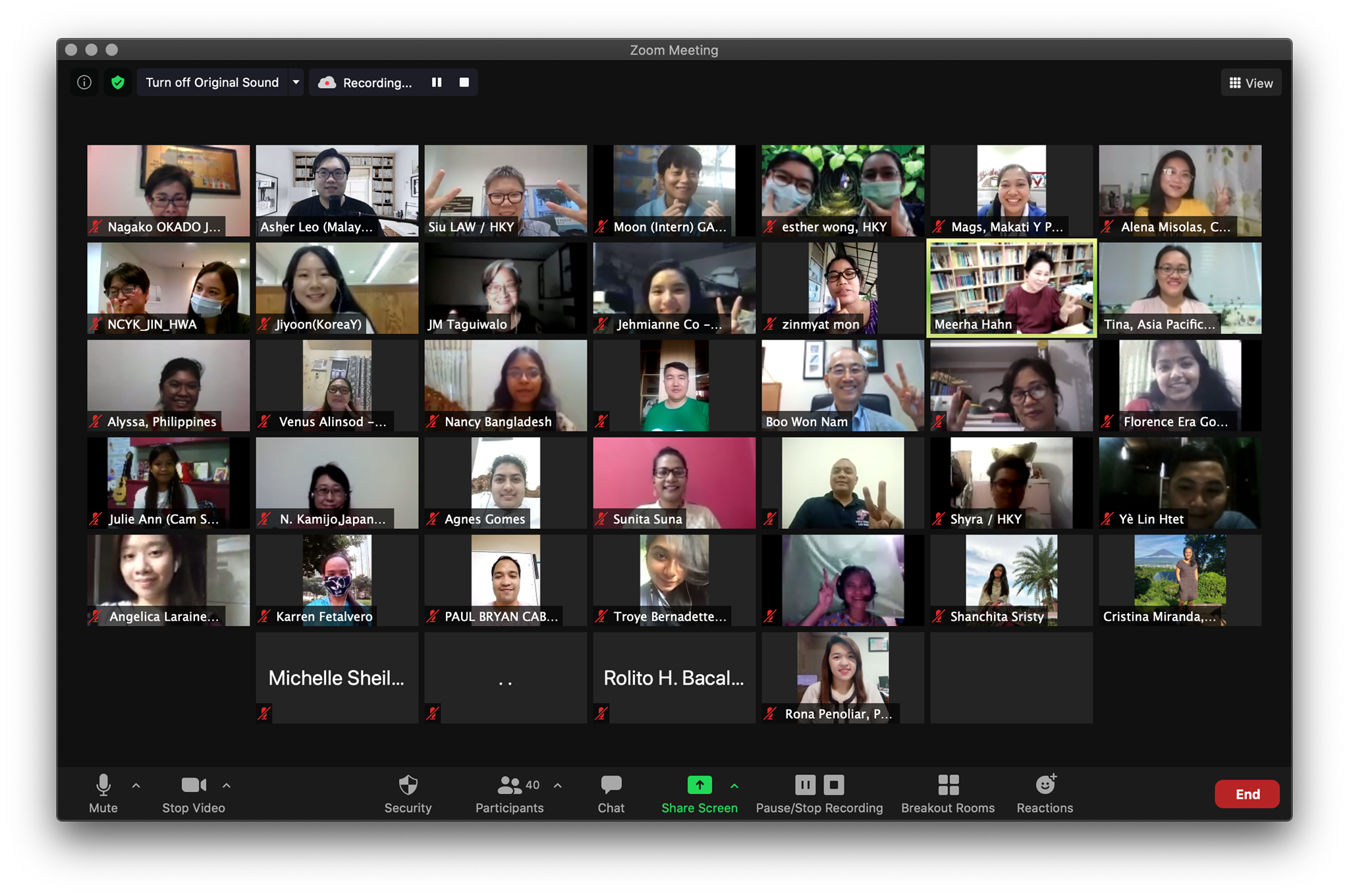
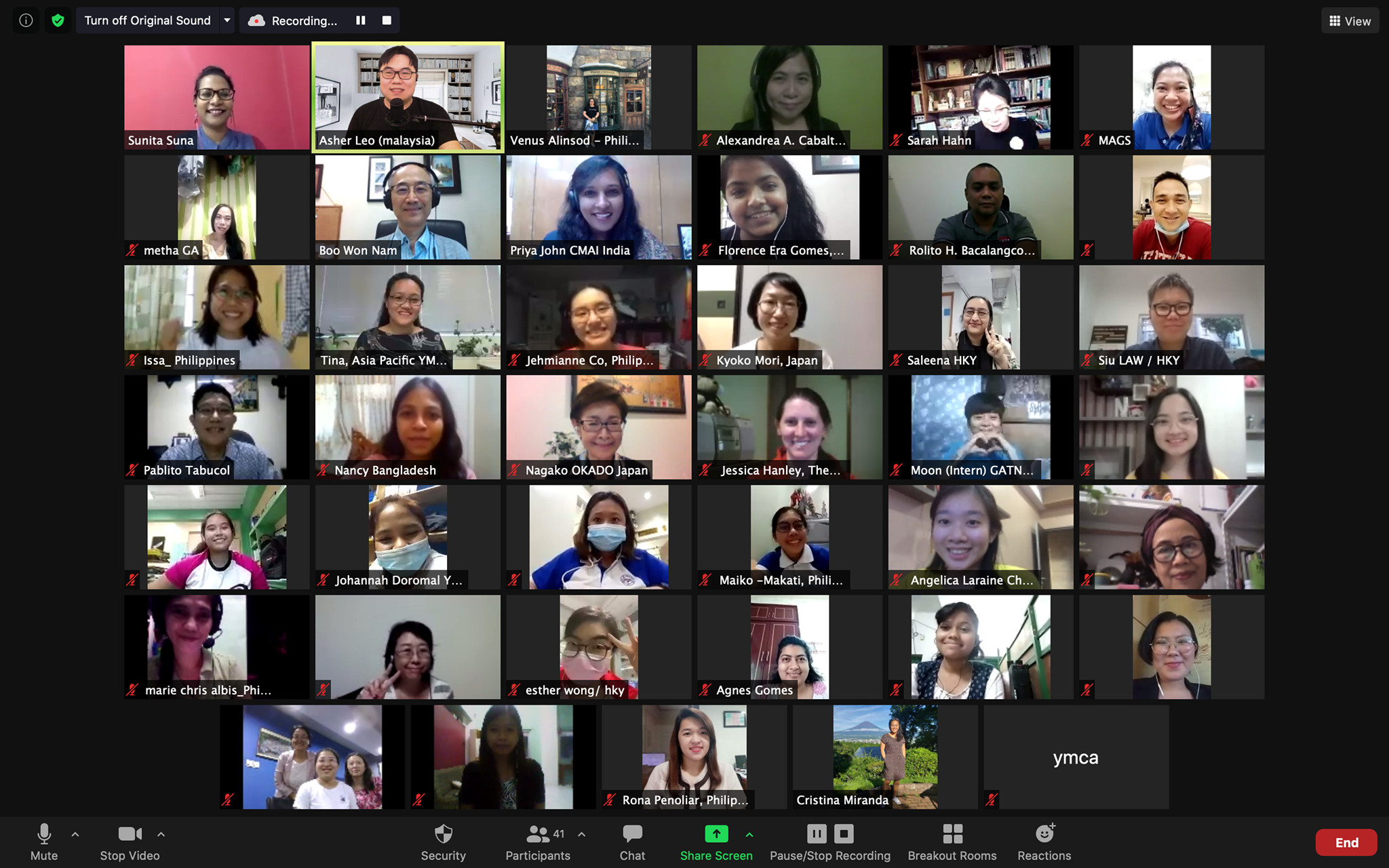
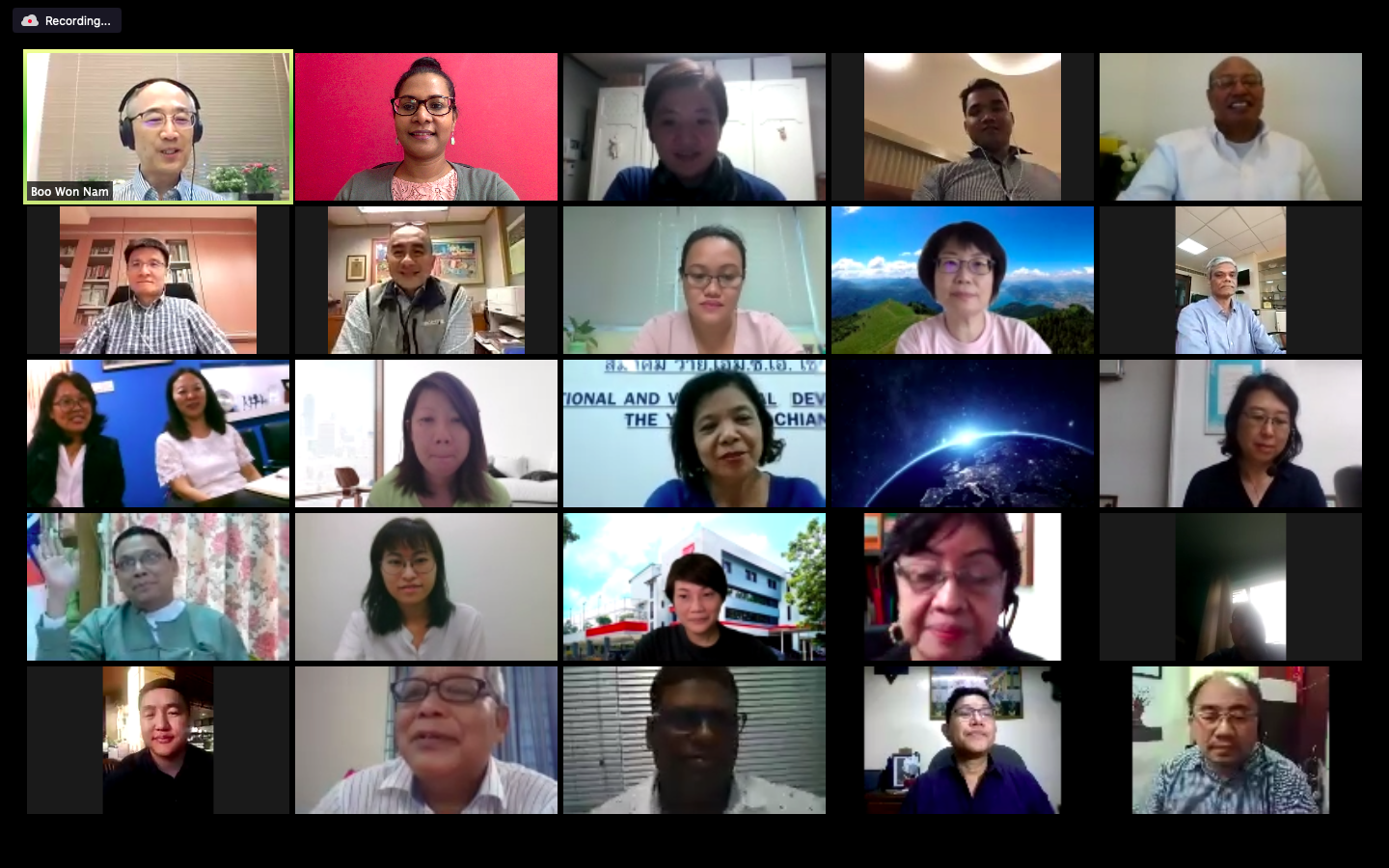
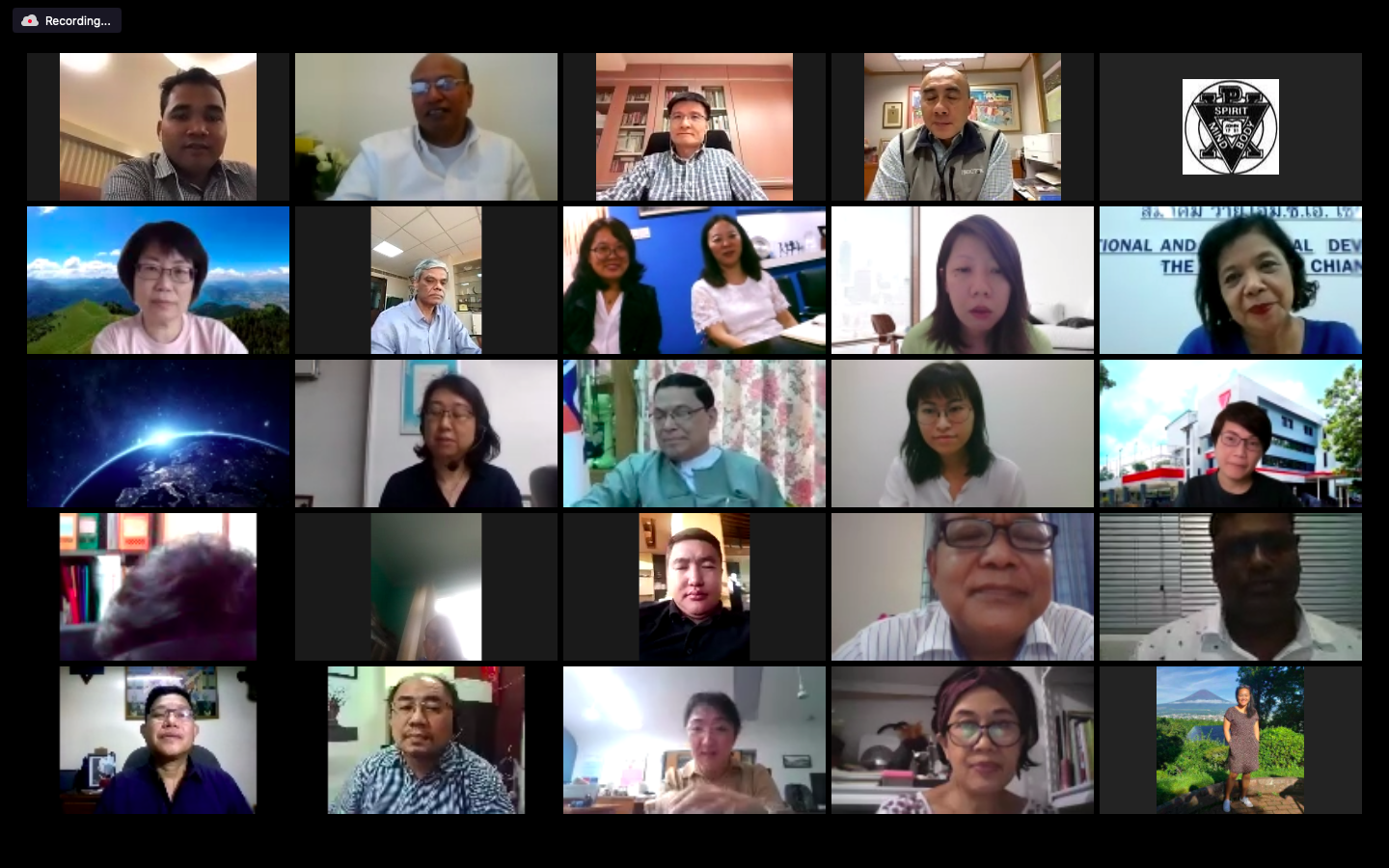
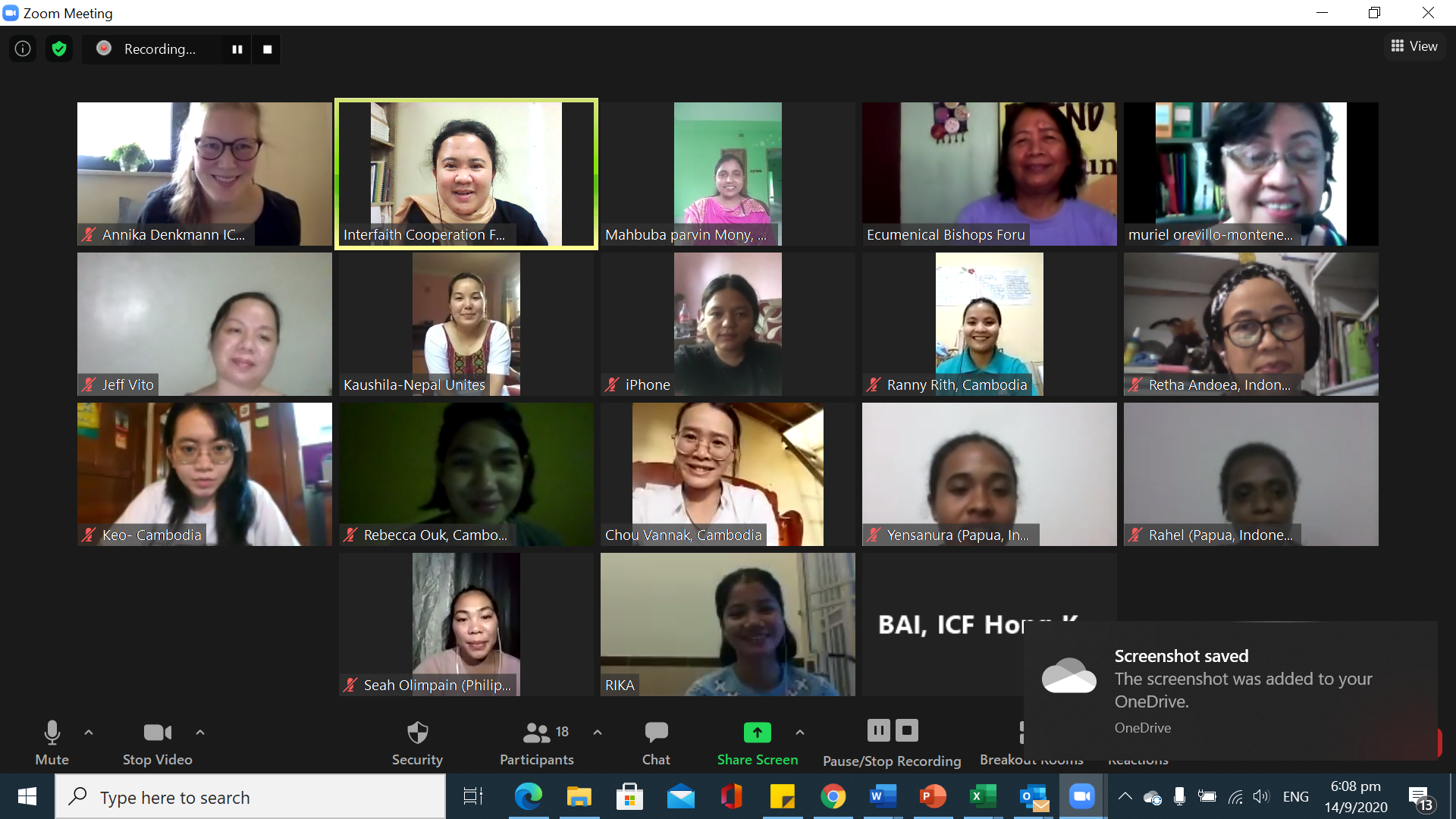
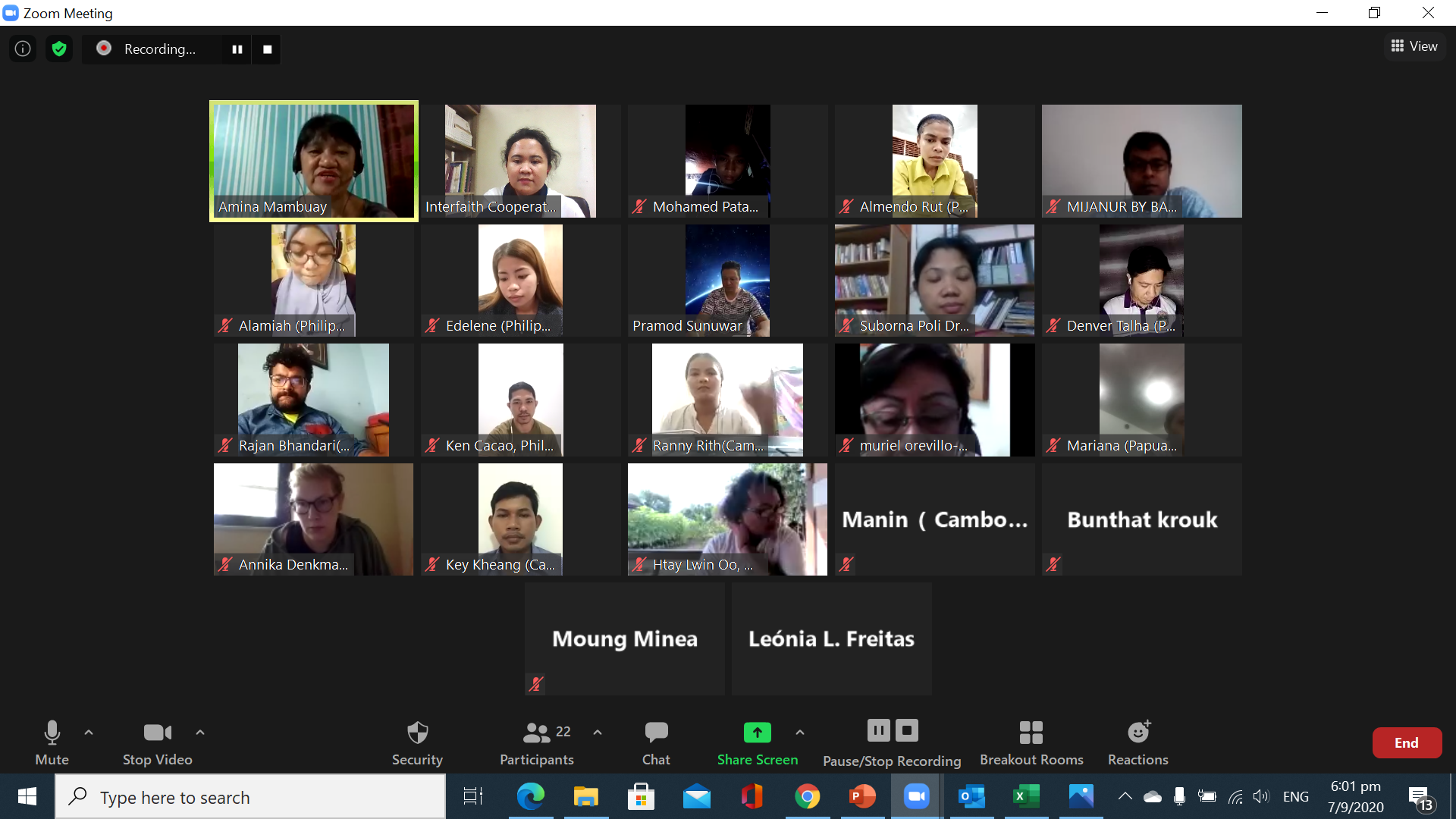
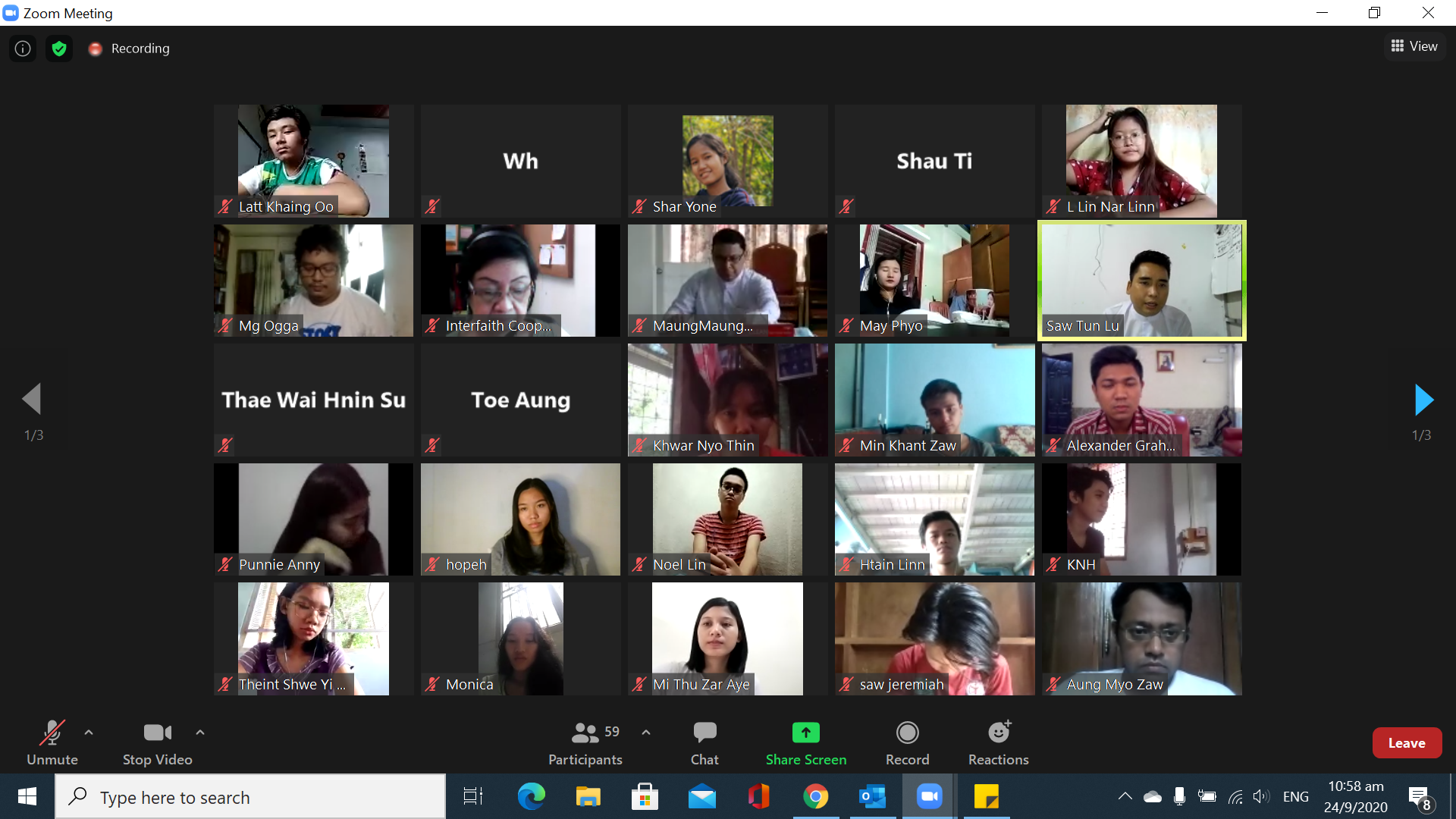
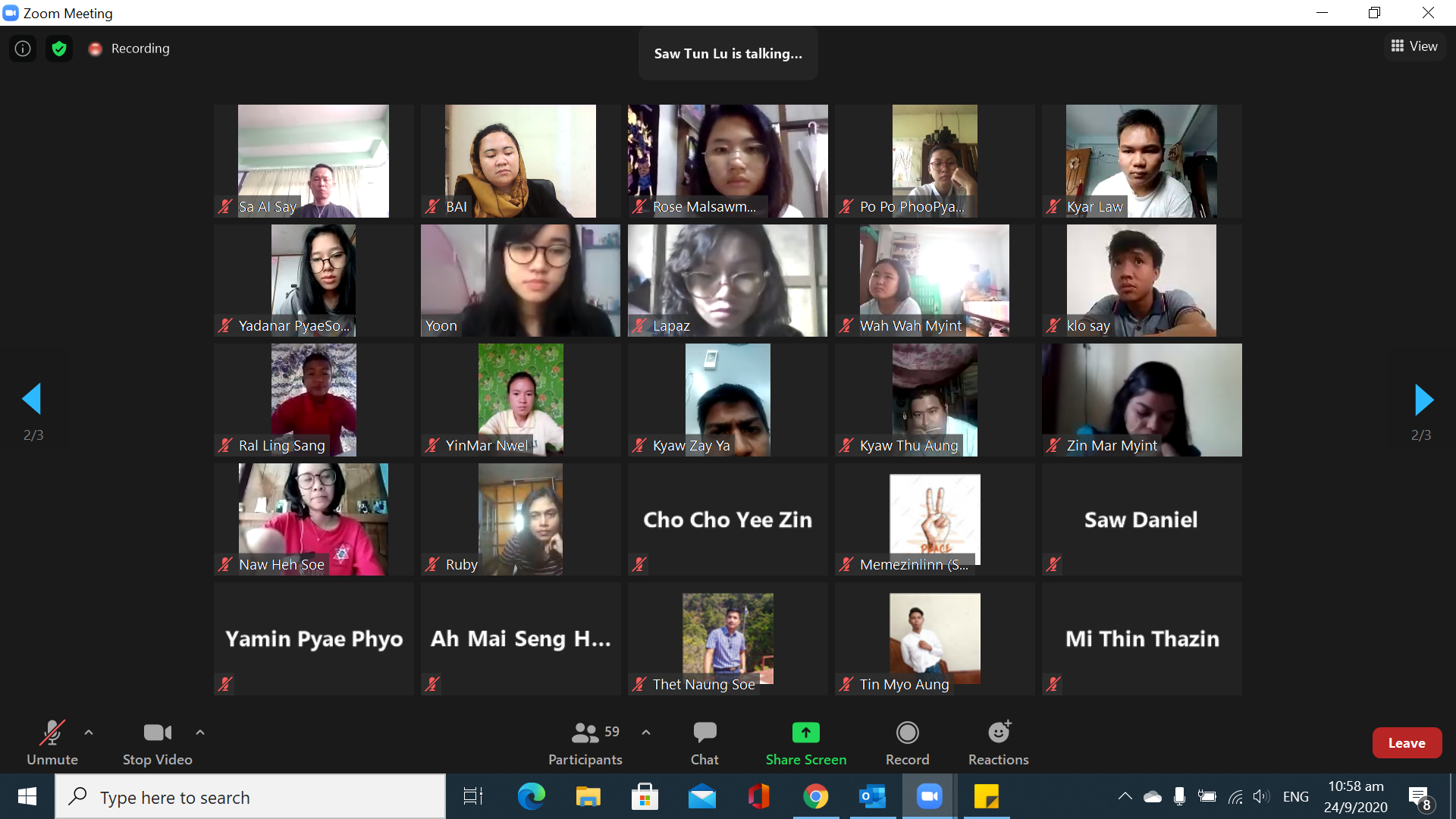
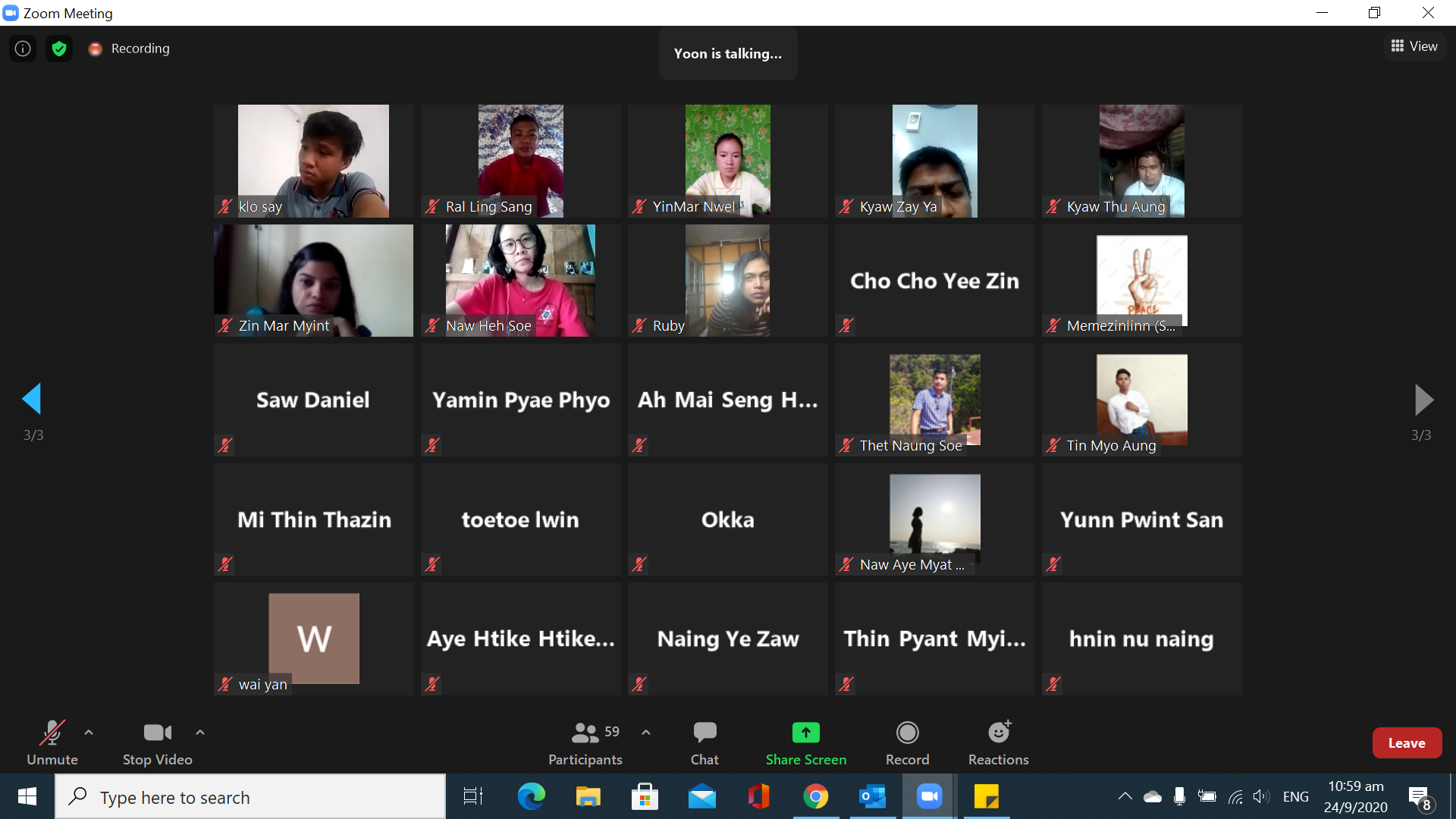
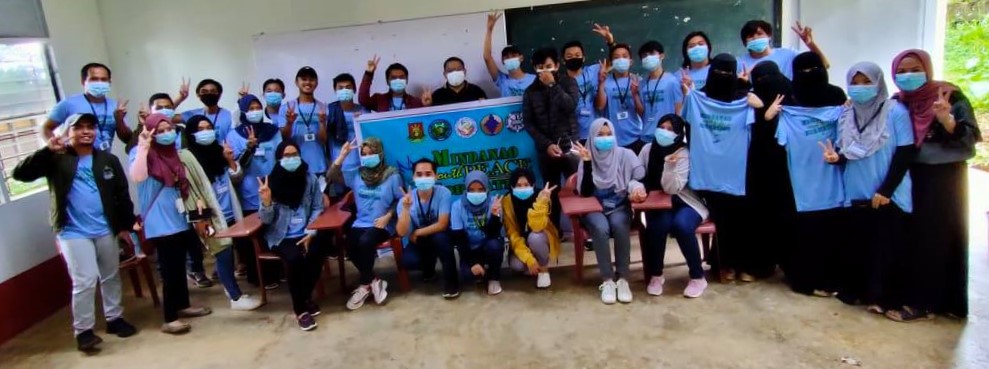
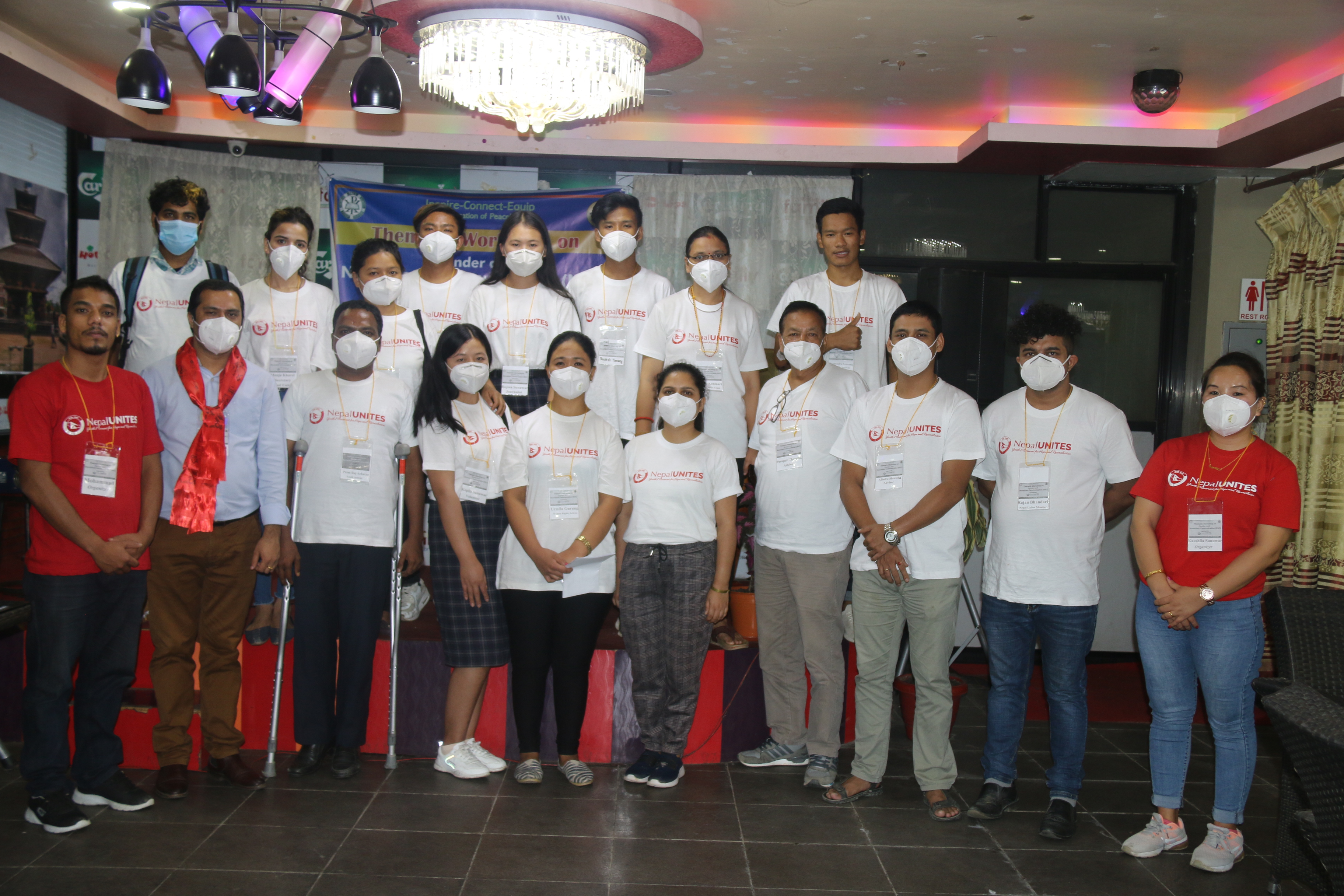
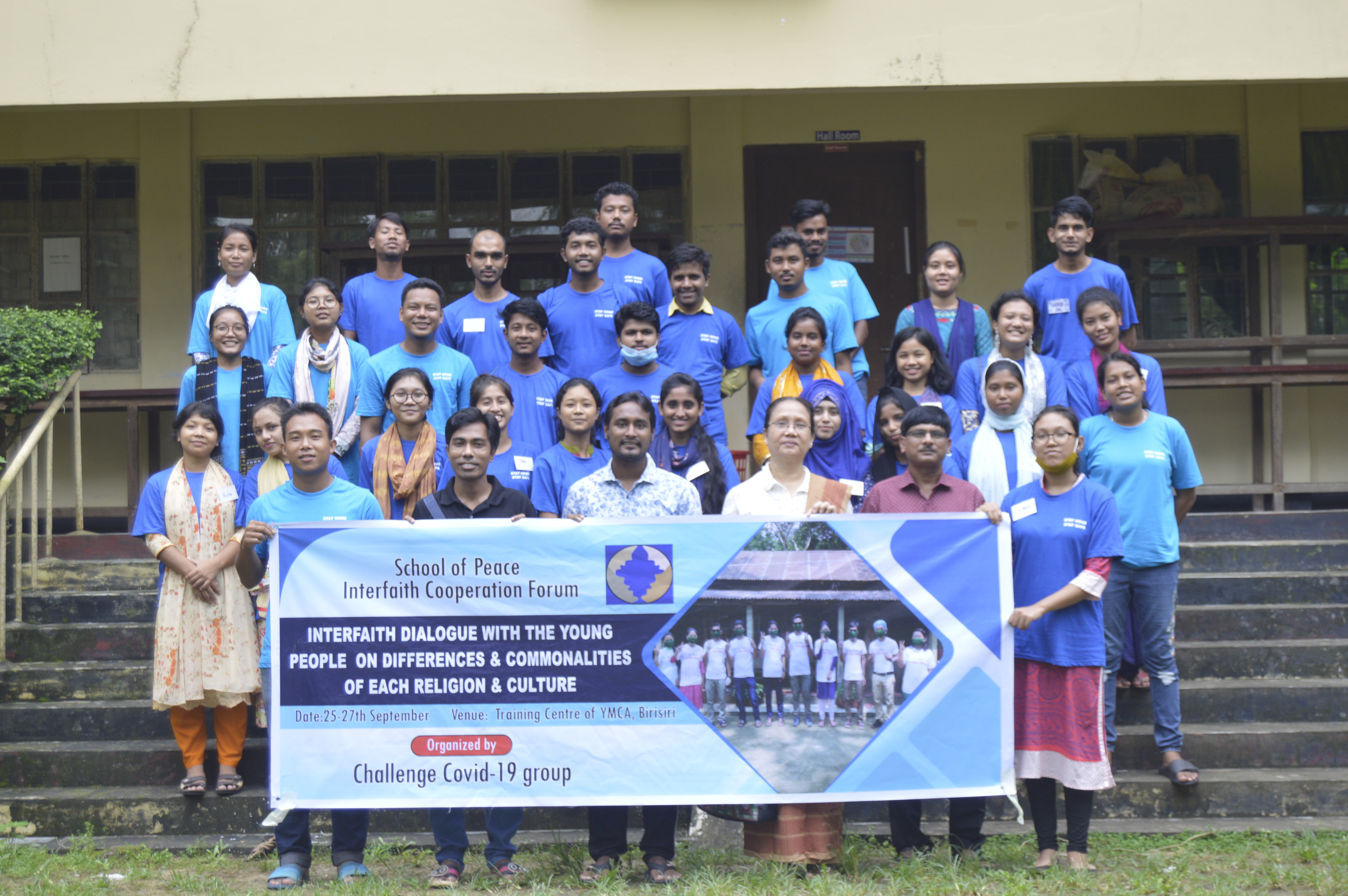
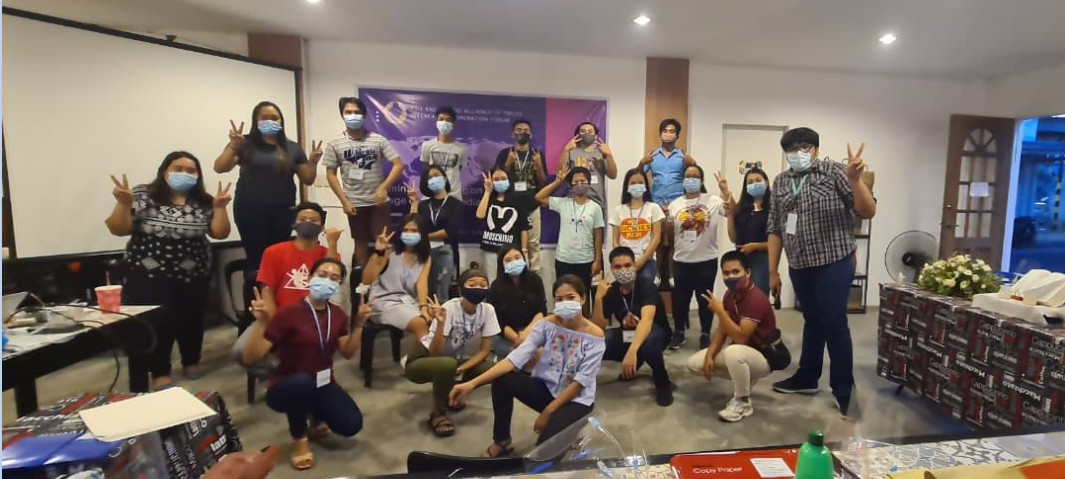
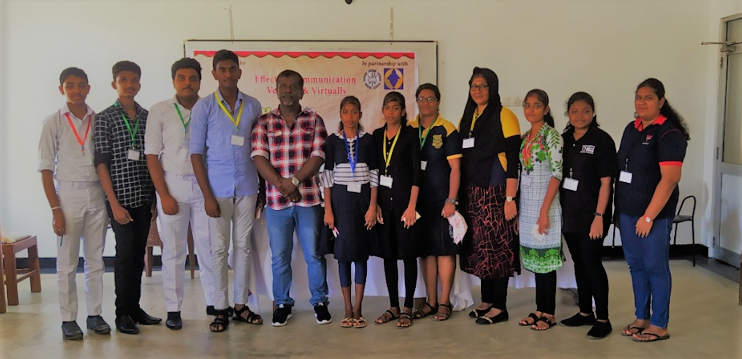
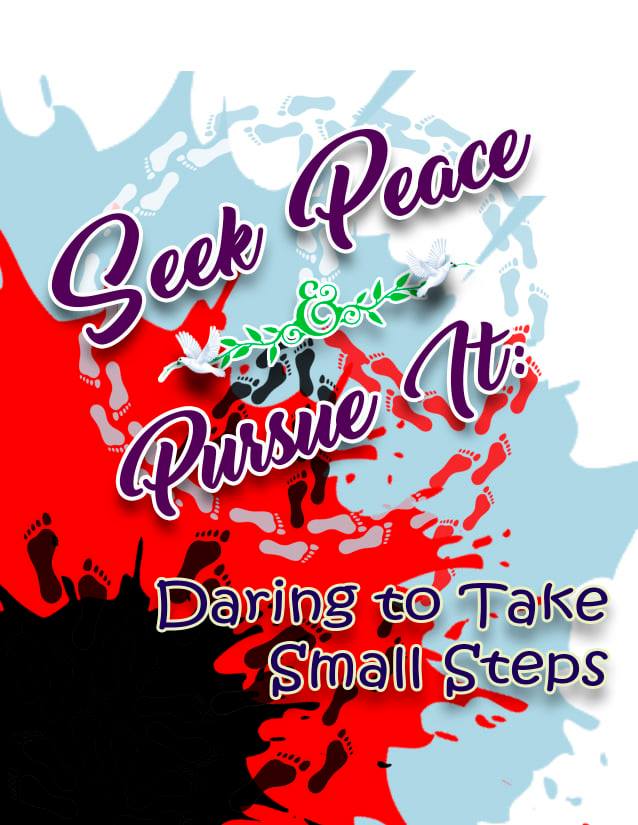 Generally, the book launching programs intends to promote and sell the book. The Interfaith Cooperation Forum launched the e-book Seek Peace and Pursue It: Daring to Take Small Steps to promote the book as part of ICF’s advocacy towards peacebuilding and to encourage the people - young and old - to step onboard and join in the efforts of building peaceable communities.
Generally, the book launching programs intends to promote and sell the book. The Interfaith Cooperation Forum launched the e-book Seek Peace and Pursue It: Daring to Take Small Steps to promote the book as part of ICF’s advocacy towards peacebuilding and to encourage the people - young and old - to step onboard and join in the efforts of building peaceable communities.